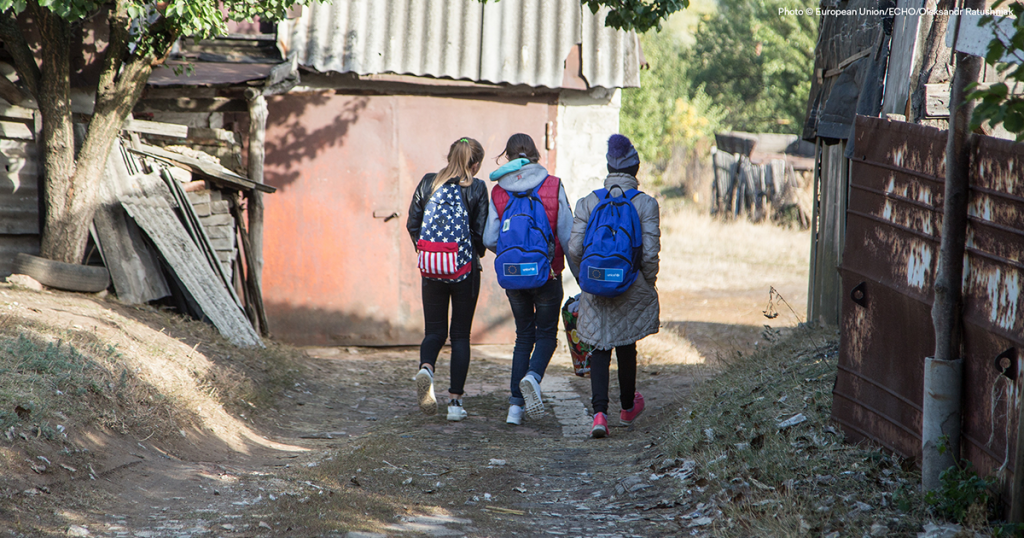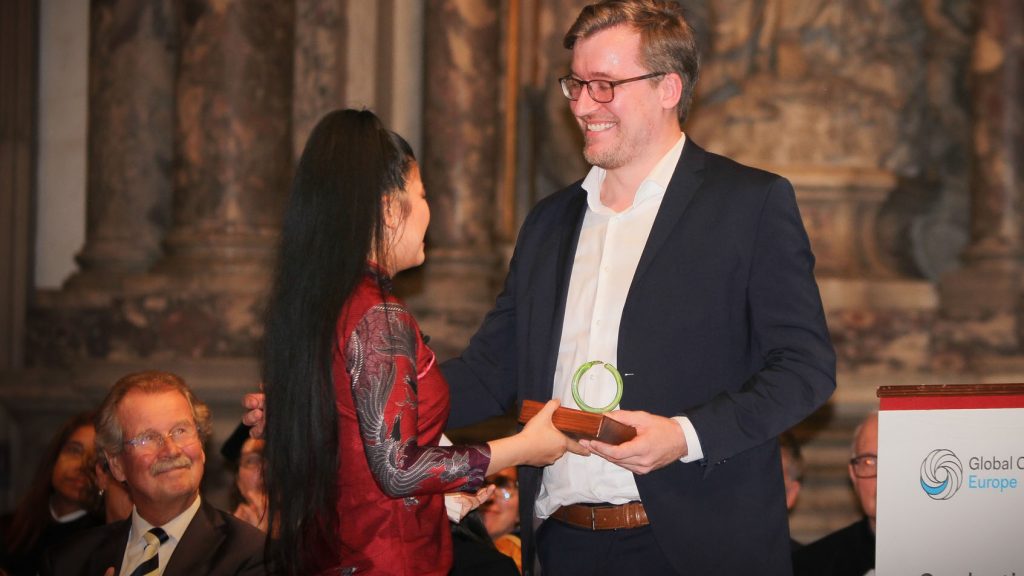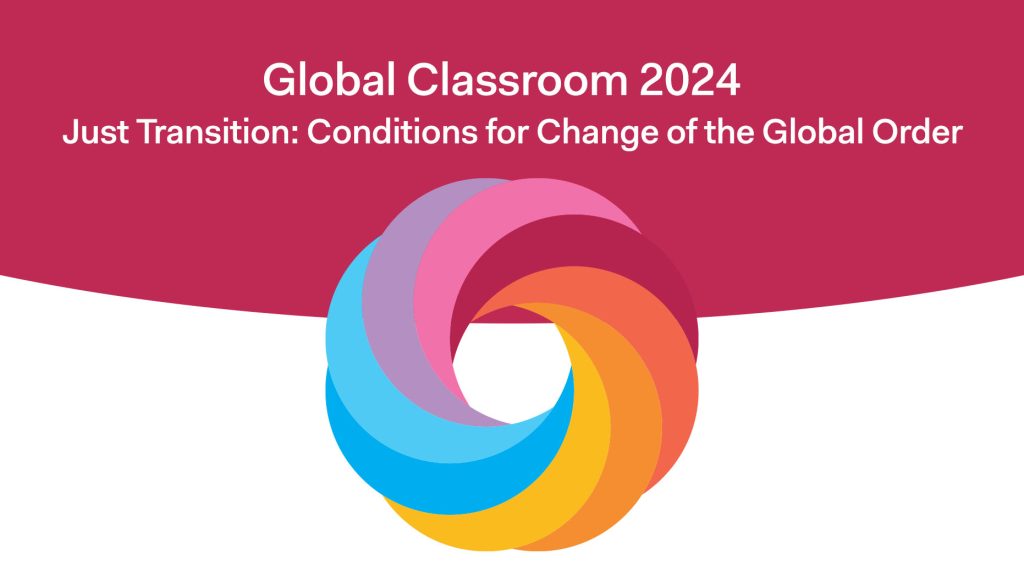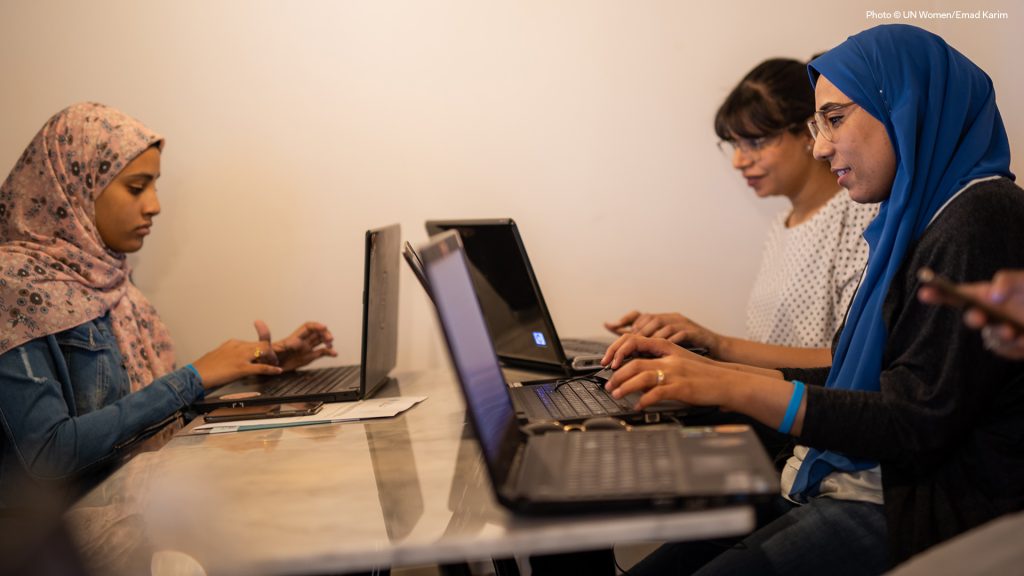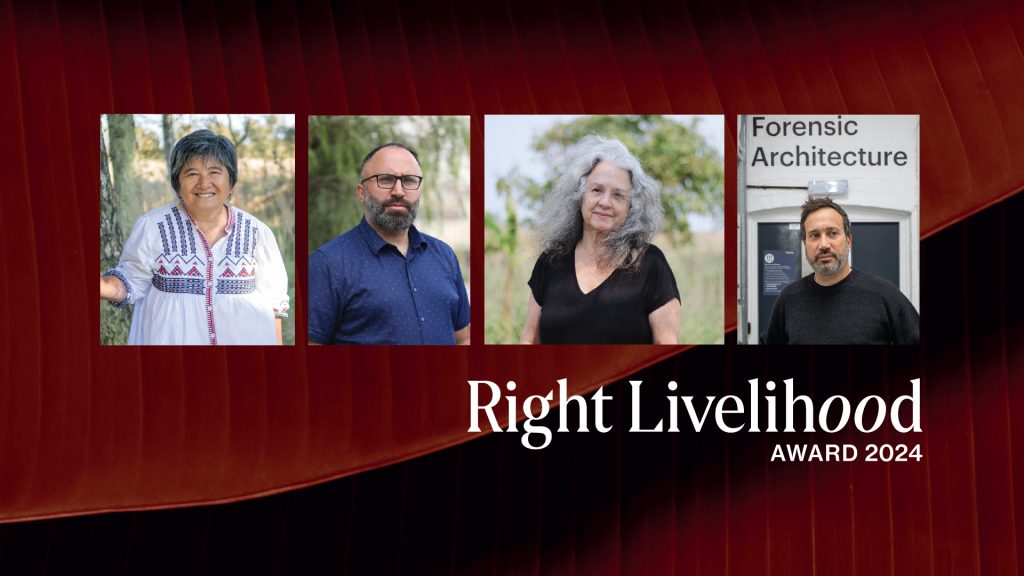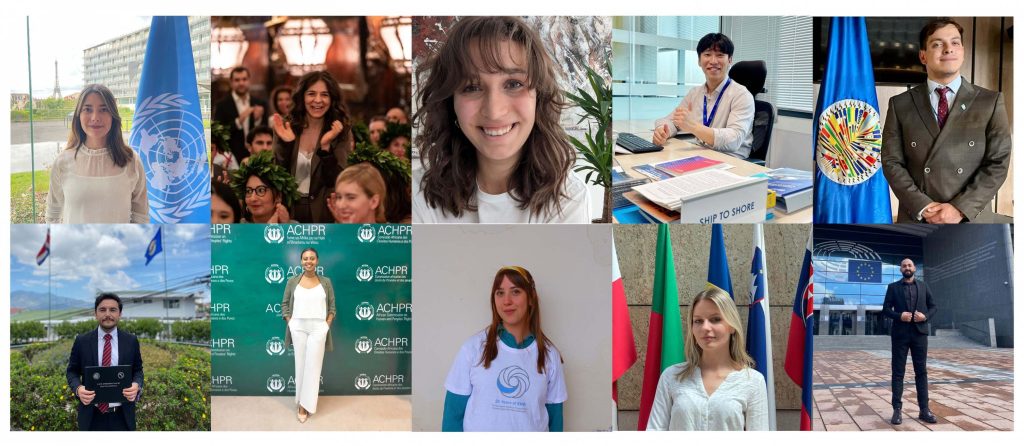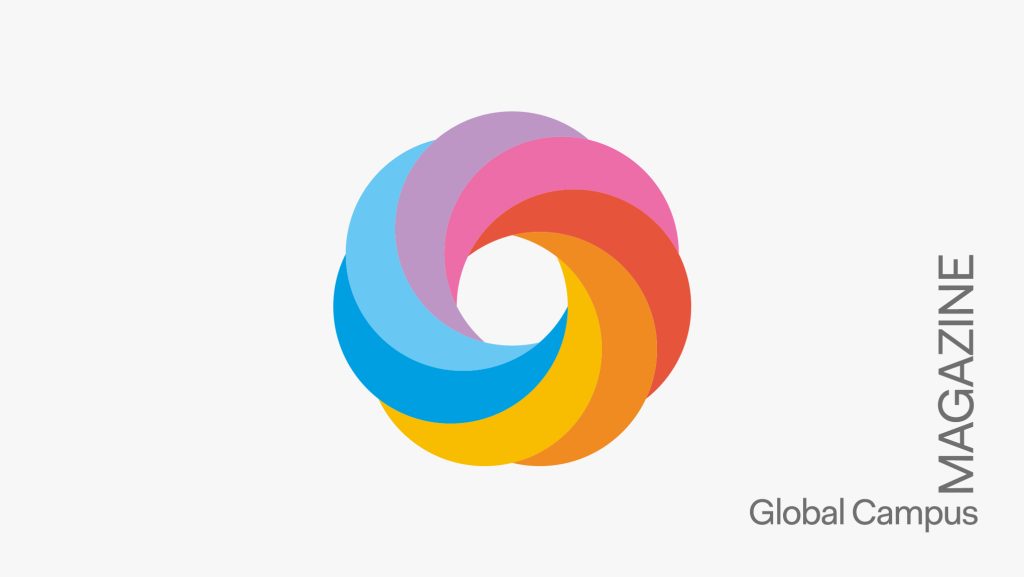The Impact of the Russian-Ukrainian war on Ukrainian children in state care
The Russian invasion of Ukraine has had a long-lasting disastrous impact on vulnerable children in state institutions. Children, including those with disabilities, have had to survive without essential resources and additional assistance while many have become victims of war crimes, including abduction.
The Impact of the Russian-Ukrainian war on Ukrainian children in state care Read More »
